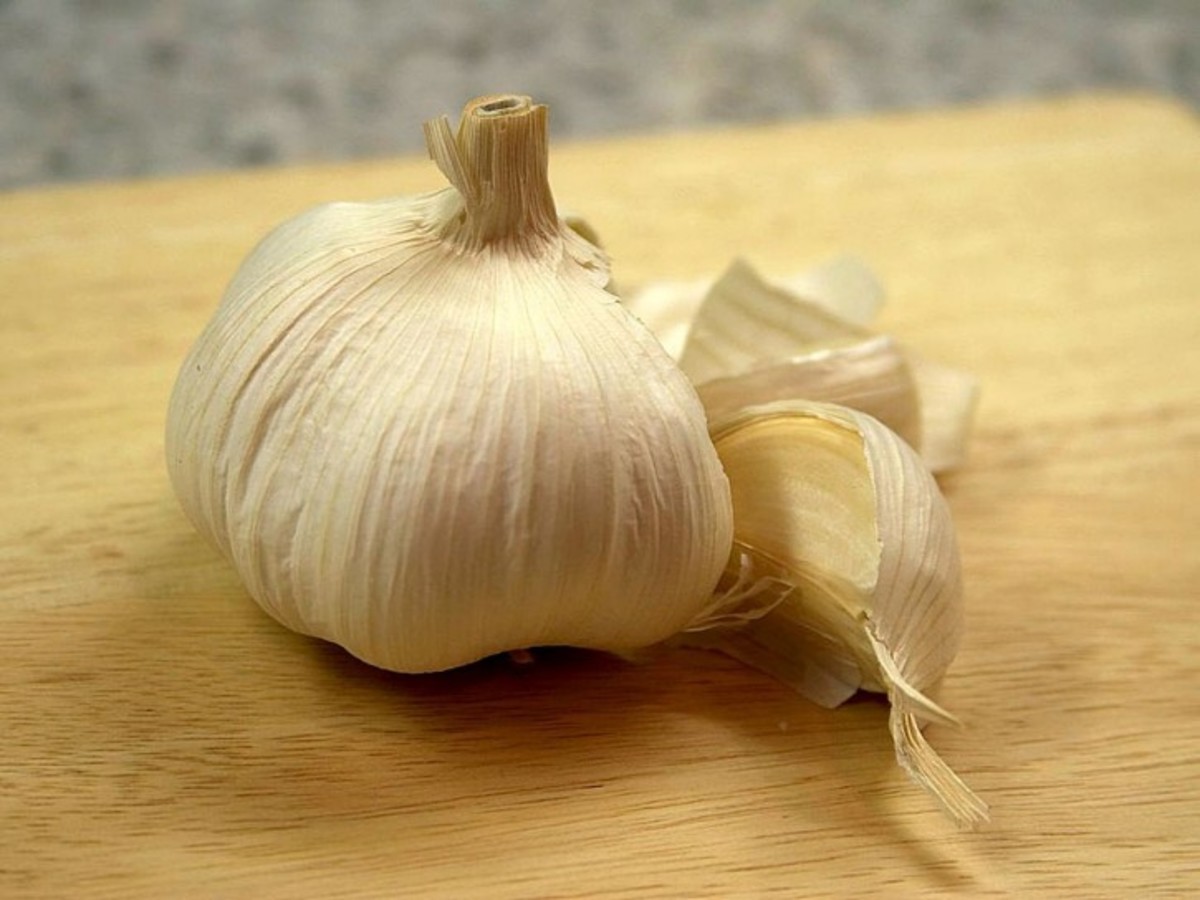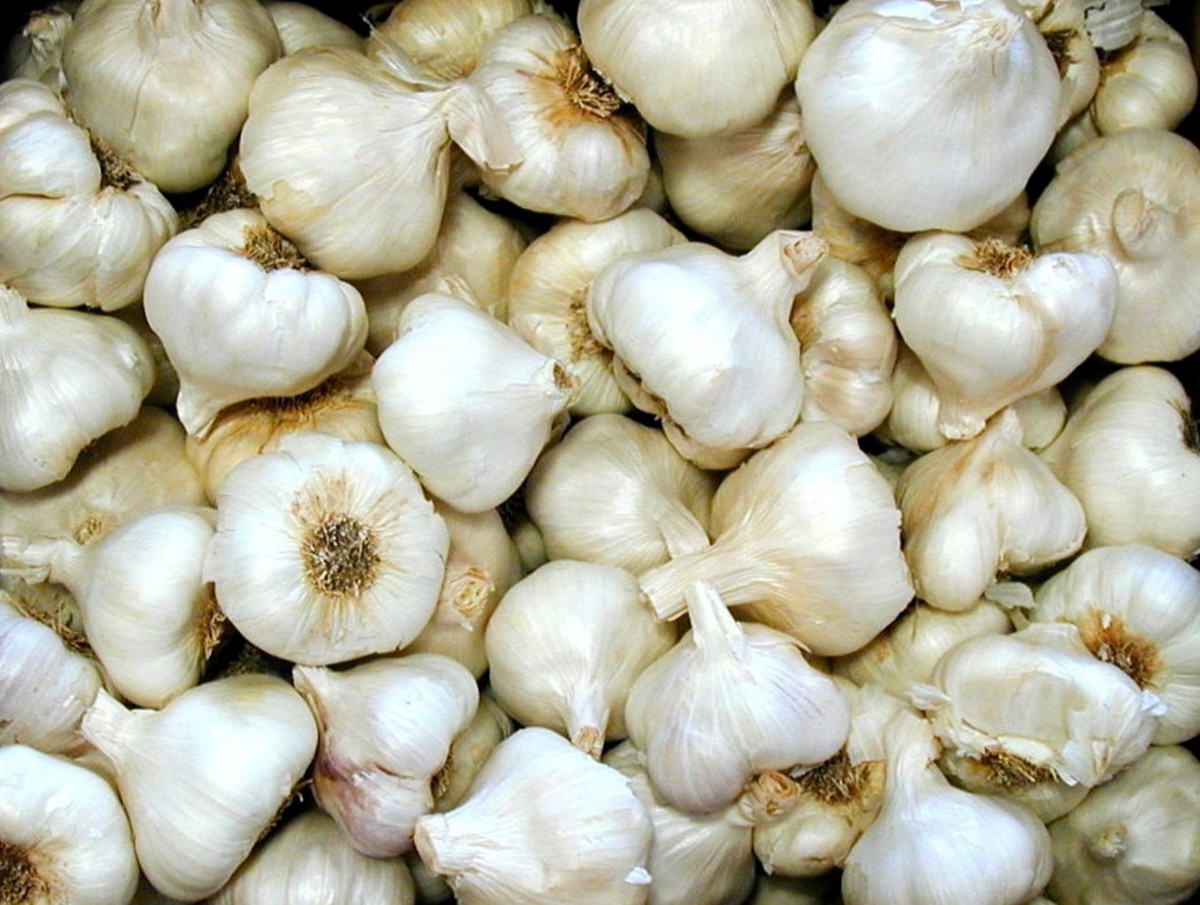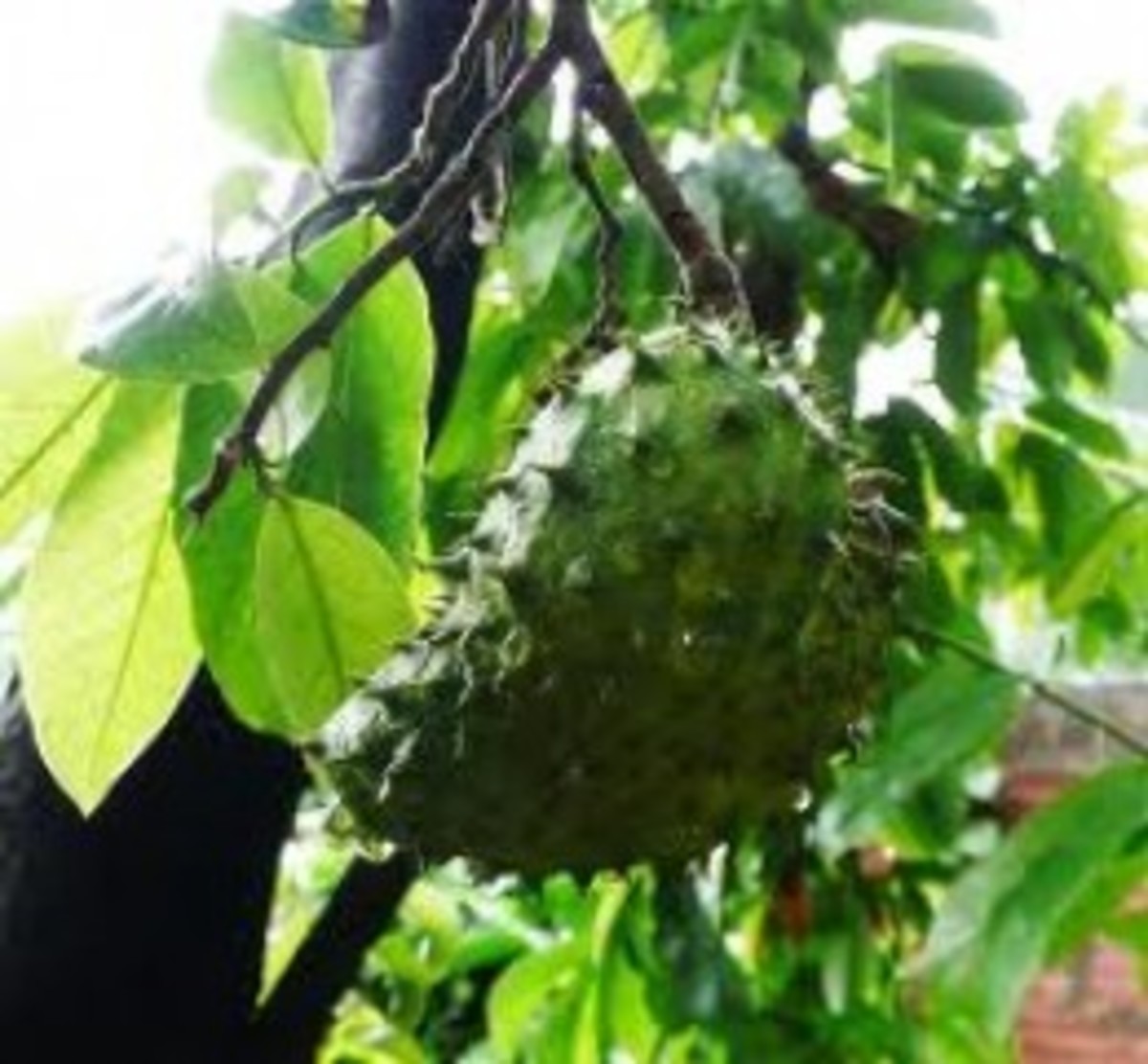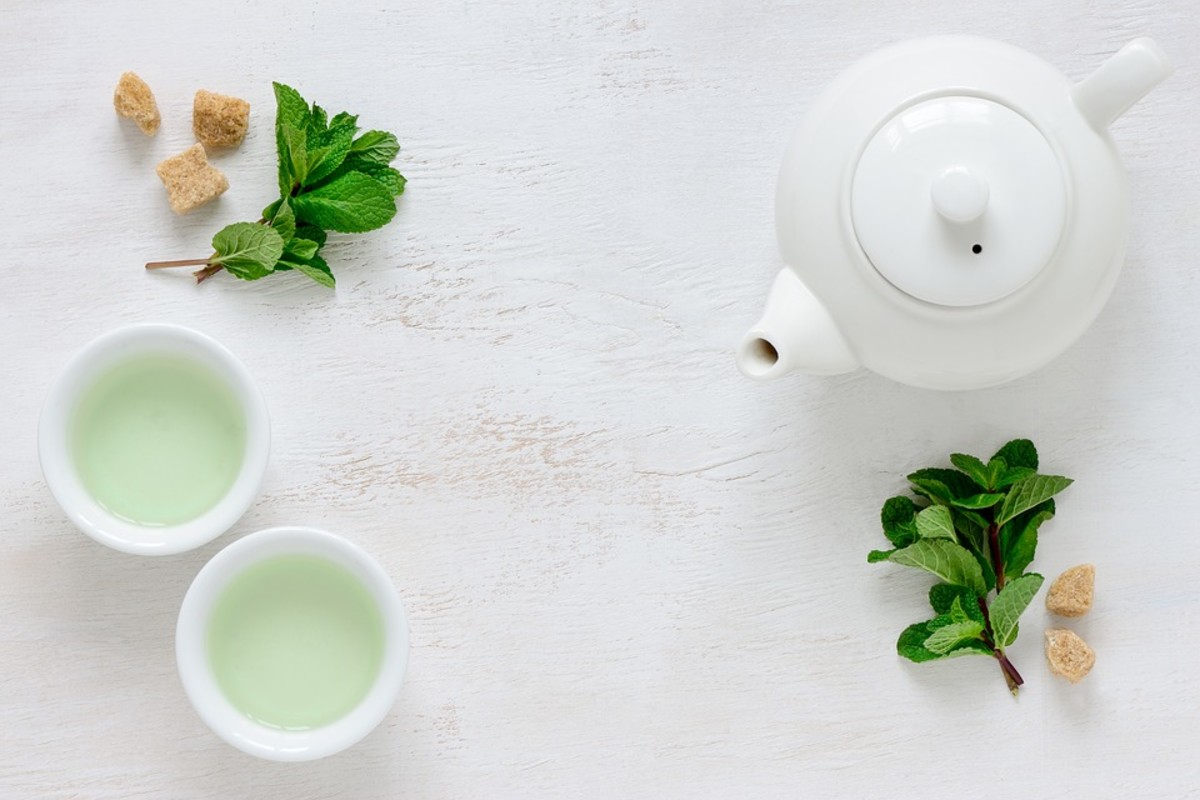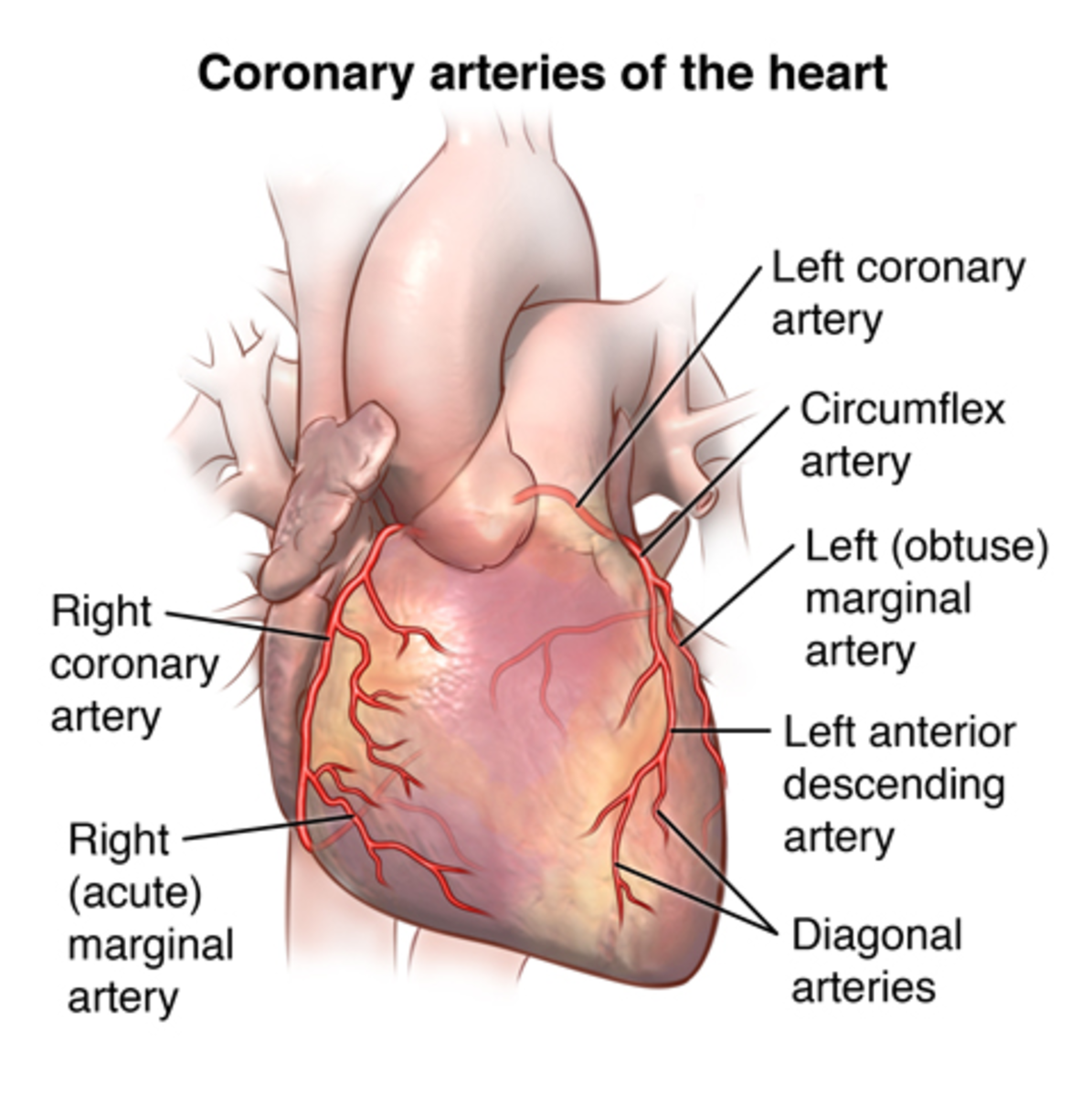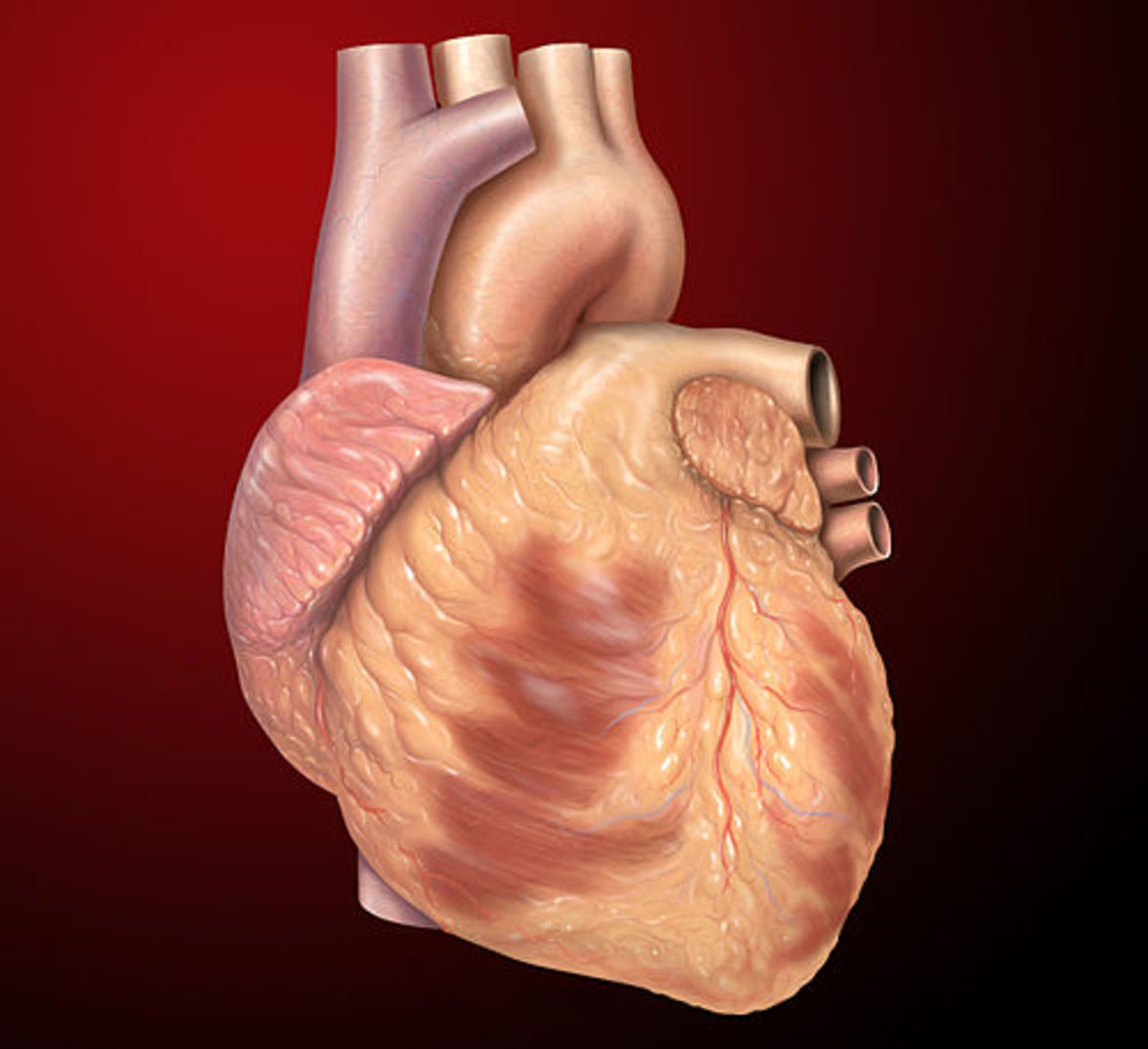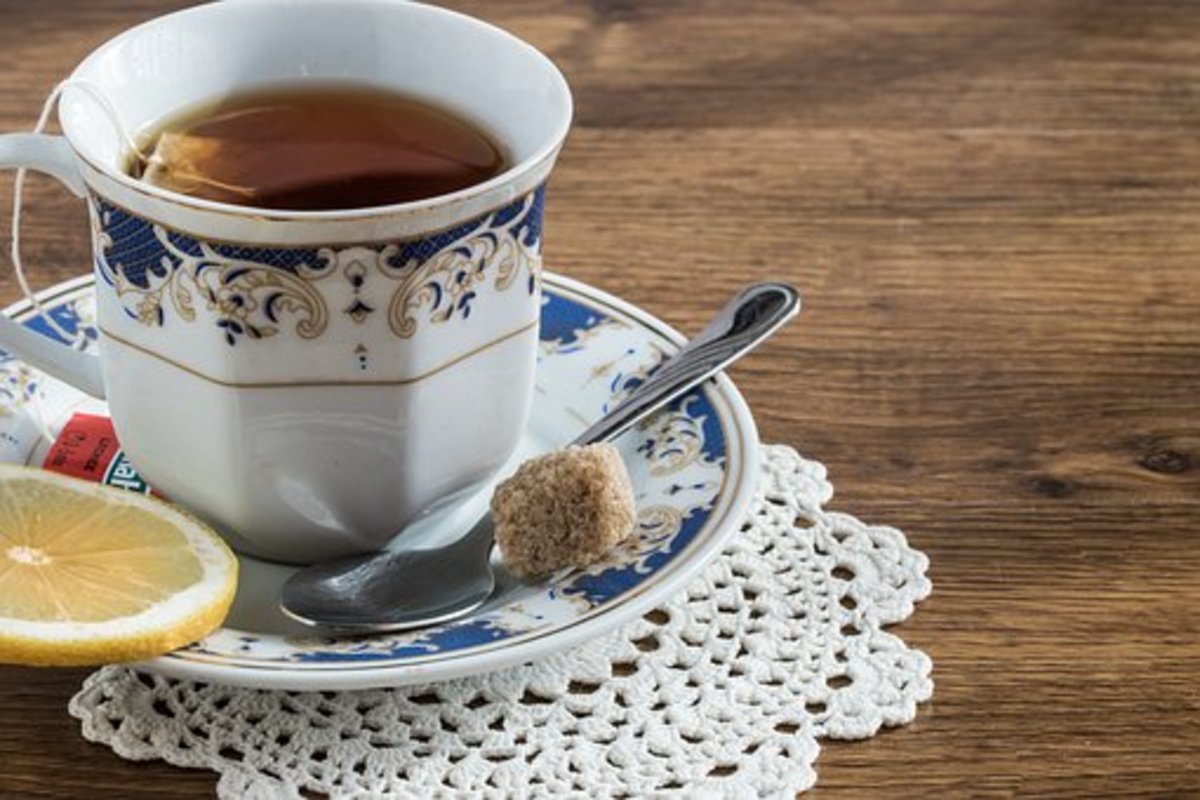Hypertension and Garlic
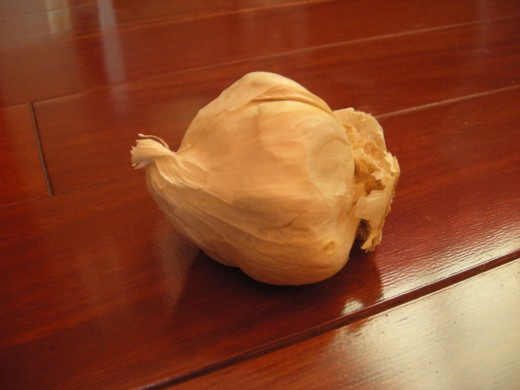
Garlic: The Stinking Rose of the Ancients
Garlic's amazing abilities to curb many health ailments and lower blood pressure naturally (including pulmonary hypertension), have been documented for over 5,000 years; thus making it one of the most effective herbs to lower blood pressure and increase your overall heart health.
Even without first-hand scientific proof, people throughout the ages have been benefiting from these marvelous cloves of the earth.
Ancient civilizations used the stinking rose (as garlic has sometimes been called) to enhance physical vigor, fight infections, and increase a soldier's strength in battle. In fact, references to garlic have been found among ancient Egyptian, Greek, Roman, Chinese, and Indian medical texts.
Garlic was so prized by the ancient Egyptians, infact, that it was buried with their royalty. Six, very old and less-than-stinky, bulbs, for example, were discovered in the tomb of the young King Tut.
Therefore, it should be no surprise that the power of garlic has finally been proven to lower high blood pressure and the propensity for other cardiovascular disease.
Yes, garlic helps control blood pressure naturally and reduces the risk for other cardiovascular illness. Here's the science.

Alliin, Allinase and Allicin: The Building Blocks of Arterial Health
Allicin (a polysulfide) is the primary biological compound found in garlic and is widely accepted as the principle substance responsible for garlic's ability to lower high blood pressure and curb subsequent cardiovascular problems. So if you or someone you know or love suffers with high blood pressure, consider adding one of the best foods that lowers blood pressure to your/their diet: garlic.
Discovered by an Italian chemist, C.J. Cavallito in 1944, allicin is formed through the combination of two inherent garlic compounds, alliin and allinase. Both of which are considered sulfides.
When crushed, garlic bulbs go into defense mode by releasing small amounts of these sulfides to produce the powerful antimicrobial compound allicin.
Located in different parts of the bulb, alliin and allinase have no odor separate from each other. Only when combined do they produce garlic's trademark smell and subsequent health benefits.
In short, allicin is the garlic plant's primary immune system; thus keeping it safe from the myriad of soil microbes eager to feast on the tasty bulbs.
No wonder garlic has similar benefits for us.

Allicin, Hydrogen Sulfide, and Blood Pressure:
According to a recent study conducted at the University of Alabama at Birmingham (UAB), garlic's ability to lower high blood pressure has been isolated to a stinky sewer gas, hydrogen sulfide (H2S).
Although toxic in large amounts, H2S is naturally produced by the body to serve a very beneficial purpose: to control blood pressure naturally.
In a sort of paradoxical way, the same gas that offers the pungent smell of rotting eggs and odiferous sewers is now attributed to reducing hypertension. This is amazing science.
Apparently, when allicin is released into the blood stream through ingesting garlic, it triggers red blood cells to release small amounts of H2S.
Once released, the H2S targets unique cell-membrane channels to begin smooth muscle relaxation up to 72% in laboratory animals. Such results therefore classify H2S as a local signaling gas: eg. a gas acting as a catalyst within a cell.
This in turn increases blood flow resulting in lower blood pressure naturally.
Typically, such hardline evidence is difficult to ignore. But for the millions of people living with hypertension or other forms of cardiovascular disease, it is most-welcome news.
However, the power of garlic doesn't end with allicin.
Previous research has also demonstrated the ability of red blood cells to convert other sulfur compounds to H2S. And since garlic contains a few of these compounds, it's status as a heart-healthy powerhouse is further enhanced.
INTERESTING GARLIC FACTS
Outside its obvious cardiovascular benefits, garlic has been used for a slew of other physical and mental ailments. A short list includes the following:
- General lethargy
- GI Tract disorders
- Arthritis
- Constipation
- Symptoms of Influenza and Colds
- Antibacterial and Wound Dressing
- Skin Protectant
- The Plague
- Worms
Facts Concerning Garlic and Allicin You Need to Know:
Even though the cardiovascular benefits if allicin and H2S have been documented, it's important to understand the limits to their benefits. The following list contains the principle guidelines.
- Allicin is primarily produced by crushing garlic, not slicing.
- The reaction between alliin and allinase takes between 10-15 minutes to produce allicin. So let your fresh garlic rest for just a while before using.
- Allicin levels in garlic remain active up to 48 hours after released; so fresh garlic is considered best.
- All garlic plants do not produce the same amount of allicin. Levels depend on climate and soil conditions. Recent studies have shown that Asian garlic has some of the greatest concentrations of allicin-producing compounds.
GARLIC AND CARDIOVASCULAR HEALTH:
IN SUMMARY:
Throughout the centuries, garlic has proven to be one of the most beneficial and healthiest herbs in existence. Its flavor has been long been treasured along with its numerous cardiovascular health benefits and should therefore be included in every person's diet; and especially for people on a specific blood pressure diet.
No longer is the stinking rose of the ancients primarily used to embellish grandma's pasta sauce or ward off the palefaces of the night.
On the contrary, garlic is a powerful herb with powerful abilities to lower your blood pressure naturally, aid in pulmonary and other forms of hypertension, and assist your overall cardiovascular health.
So begin or continue your affair with these cloves of the earth today. Your heart and mind will love you for it.
But the vampires won't. LOL
- Natural Remedies for High Blood Pressure
Learn about natural remedies for high blood pressure, such as herbs, diet, nutrition, chinese medicine, ayurvedic remedies, supplements, and home remedies.


